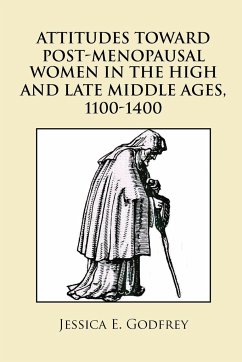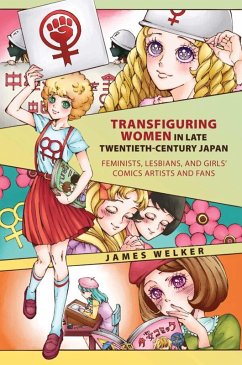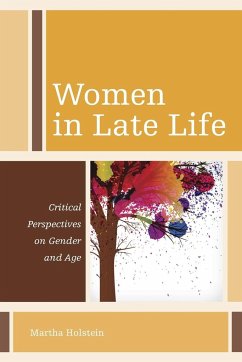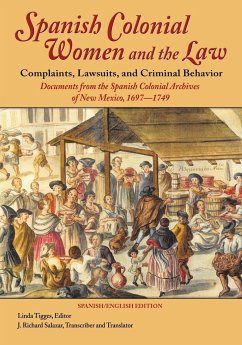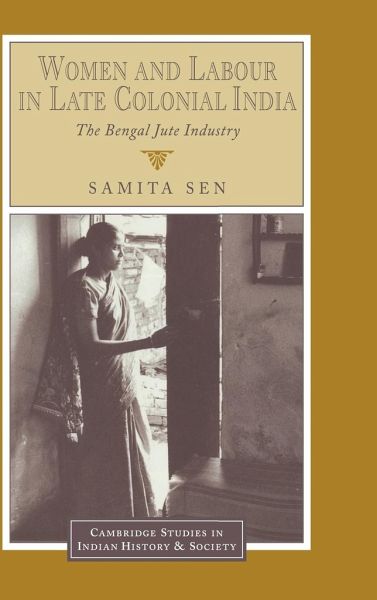
Women and Labour in Late Colonial India

PAYBACK Punkte
55 °P sammeln!
Samita Sen's history of labouring women in Calcutta in the late nineteenth and early twentieth centuries considers how social constructions of gender shaped their lives. Dr Sen demonstrates how - in contrast to the experience of their male counterparts - the long-term trends in the Indian economy devalued women's labour, establishing patterns of urban migration and changing gender equations within the family. She relates these trends to the spread of dowry, enforced widowhood and child marriage. The book provides insight into the lives of poor urban women who were often perceived as prostitute...
Samita Sen's history of labouring women in Calcutta in the late nineteenth and early twentieth centuries considers how social constructions of gender shaped their lives. Dr Sen demonstrates how - in contrast to the experience of their male counterparts - the long-term trends in the Indian economy devalued women's labour, establishing patterns of urban migration and changing gender equations within the family. She relates these trends to the spread of dowry, enforced widowhood and child marriage. The book provides insight into the lives of poor urban women who were often perceived as prostitutes or social pariahs. Even trade unions refused to address their problems and they remained on the margins of organised political protest. The study will make a signficant contribution to the understanding of the social and economic history of colonial India and to notions of gender construction.
Table of contents:
Introduction; 1. Migration, recruitment, and labour control; 2. 'Will the land not be tilled?' - women's work in the rural economy; 3. 'Away from homes' - women's work in mills; 4. Motherhood, mothercraft and the Maternity Benefit Act; 5. In temporary marriages: wives, widows and prostitutes; 6. Working class politics and women's militancy.
In a history of labouring women in Calcutta, the author demonstrates how social constructions of gender shaped their lives and how the long-term trends in the Indian economy devalued their labour. The study makes a significant contribution to the social and economic history of colonial India.
The history of labouring women in late colonial Calcutta demonstrates how social constructions of gender shaped their lives.
Table of contents:
Introduction; 1. Migration, recruitment, and labour control; 2. 'Will the land not be tilled?' - women's work in the rural economy; 3. 'Away from homes' - women's work in mills; 4. Motherhood, mothercraft and the Maternity Benefit Act; 5. In temporary marriages: wives, widows and prostitutes; 6. Working class politics and women's militancy.
In a history of labouring women in Calcutta, the author demonstrates how social constructions of gender shaped their lives and how the long-term trends in the Indian economy devalued their labour. The study makes a significant contribution to the social and economic history of colonial India.
The history of labouring women in late colonial Calcutta demonstrates how social constructions of gender shaped their lives.








